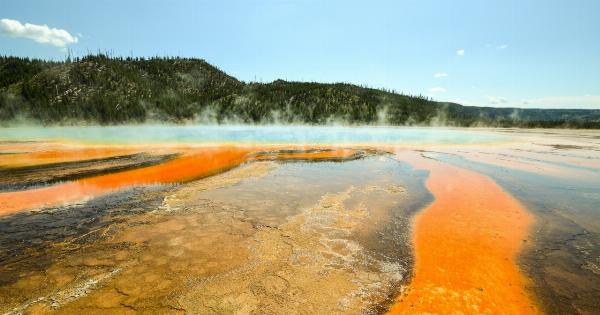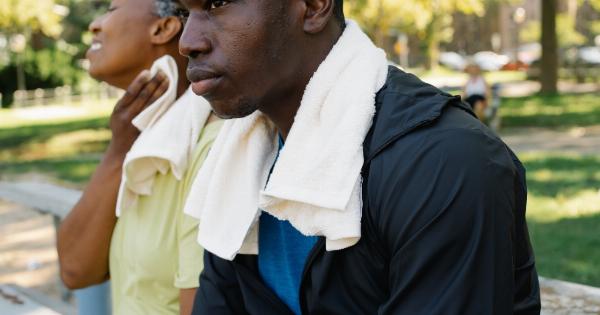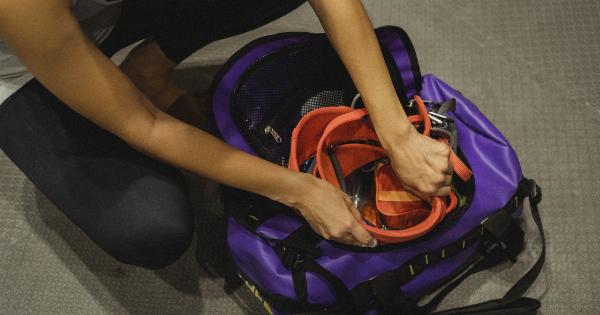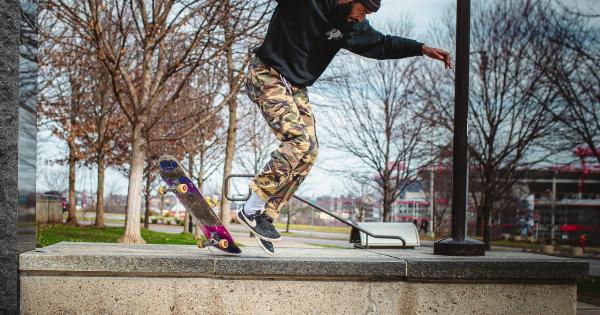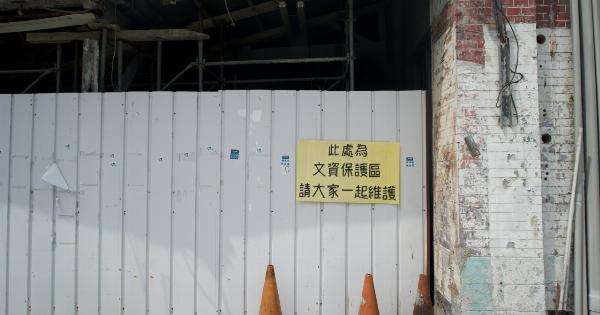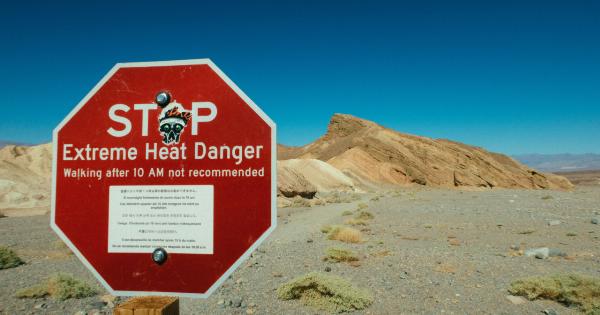Summer is a beautiful time of the year when the sun shines bright, and the days seem endless. However, with the soaring temperatures, it is essential to take precautions to prevent heat exhaustion.
Heat exhaustion is a condition that occurs when the body overheats due to prolonged exposure to high temperatures and excessive sweating.
Understanding Heat Exhaustion
Heat exhaustion is a severe condition that can lead to heatstroke if not treated promptly. It typically occurs when the body is unable to cool itself efficiently by sweating, causing the body’s temperature to rise rapidly.
Heat exhaustion can affect anyone, but it is especially dangerous for older adults, young children, and individuals with chronic illnesses.
The Symptoms of Heat Exhaustion
Recognizing the symptoms of heat exhaustion is crucial as it allows for early intervention. Some common signs of heat exhaustion include:.
- Heavy sweating
- Faintness or dizziness
- Headache
- Weakness or fatigue
- Nausea or vomiting
- Rapid heartbeat
- Muscle cramps
- Cool, moist skin with goosebumps even in the heat
Preventing Heat Exhaustion
Fortunately, there are several steps you can take to prevent heat exhaustion during the summer months:.
1. Stay Hydrated
One of the most critical preventive measures for heat exhaustion is staying hydrated. Drink plenty of fluids throughout the day, even if you do not feel thirsty.
Water is your best bet, but you can also consume hydrating beverages such as sports drinks or coconut water. Avoid excessive alcohol and caffeinated drinks as they can contribute to dehydration.
2. Dress Appropriately
Wear loose, lightweight, and light-colored clothing made from breathable fabrics such as cotton. These materials allow air circulation and help in the evaporation of sweat, keeping your body cooler.
Dark-colored clothing absorbs more heat and can make you feel hotter. Additionally, opt for a wide-brimmed hat and sunglasses to provide shade and protect your face and eyes from the sun’s rays.
3. Limit Outdoor Activities
Try to limit your outdoor activities during the hottest hours of the day, usually between 10 a.m. and 4 p.m. If you must be outside, take frequent breaks in shaded or air-conditioned areas to give your body a chance to cool down.
Avoid rigorous exercise or strenuous physical activity during extreme heat as it can put unnecessary stress on your body and increase the risk of heat exhaustion.
4. Use Sunscreen
Protect your skin from the harmful effects of the sun by applying a broad-spectrum sunscreen with a high SPF (Sun Protection Factor) of at least 30. Sunburns can impair the body’s ability to cool itself and increase the risk of heat exhaustion.
Remember to reapply sunscreen every two hours, especially if you are swimming or sweating excessively.
5. Seek Air Conditioning
When the temperatures rise, it is essential to spend time in air-conditioned spaces, especially if you do not have access to air conditioning at home. Visit public places like libraries, shopping malls, or community centers to stay cool.
If no such options are available, using fans or taking cool showers can help lower your body temperature.
6. Monitor Your Medications
Some medications can make you more susceptible to heat exhaustion. If you are taking prescription medications, consult your doctor or pharmacist to understand if they increase your risk.
They may advise you on adjustments to your dosage or provide additional recommendations to stay safe in the heat.
7. Check on Others
Always keep an eye on those around you, especially older adults and young children who are more vulnerable to heat-related illnesses. Check on elderly family members, neighbors, or friends and ensure they are properly hydrated and staying cool.
If necessary, encourage them to seek medical attention if they show signs of heat exhaustion.
8. Create a Cool Living Environment
Make your living space as comfortable and cool as possible. Keep curtains or blinds closed during the day to block out the sun’s heat. Use fans or air conditioners if available.
If you do not have access to air conditioning, consider using portable fans or placing a bowl of ice in front of the fan to create a DIY air cooling system.
9. Eat Light and Nutritious Meals
Hot weather can suppress your appetite, but it is vital to maintain a balanced diet. Consume light and nutritious meals that include fruits, vegetables, and lean proteins.
These foods provide essential vitamins and minerals that can support your body’s natural cooling mechanisms. Avoid heavy, greasy, or spicy meals as they can increase your metabolic heat production.
10. Stay Informed
Stay informed about weather forecasts and heat wave alerts in your area. Pay attention to heat index values, which take into account humidity levels alongside temperature, as they provide a better indication of how the weather can impact your body.
Stay updated on any heat-related advisories issued by local authorities to take necessary precautions.
Conclusion
By following these simple yet effective tips, you can prevent heat exhaustion and enjoy your summer to the fullest. Remember that heat exhaustion is a serious condition that can escalate to heatstroke, a life-threatening emergency.
Be vigilant and prioritize your health and well-being during the hot summer months. Stay cool, stay hydrated, and stay safe!.

